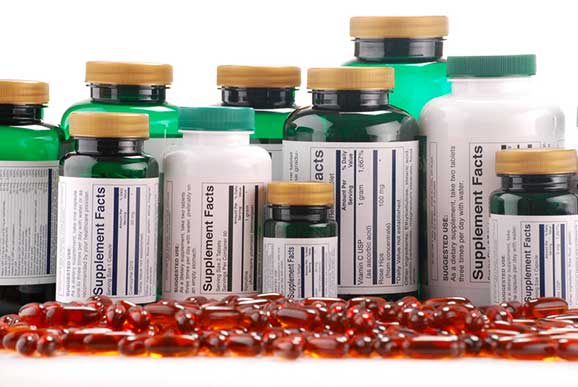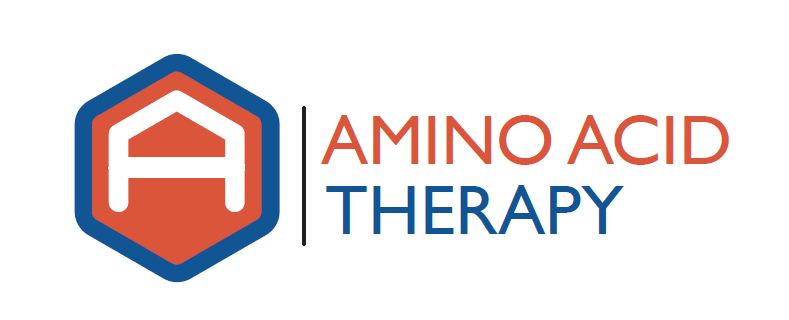by aatadmin | Jun 12, 2019 | diabetes, Symptoms of Neurotransmitter Imbalance

Close up of sugar and sweetener packets
It’s been shown that people that regularly ingest artificial sweeteners often eat more calories, store more fat and develop blood-sugar related disorders more than those that do not partake in these chemical sweeteners. A quick look at what happens when these artificial sweeteners breakdown in the body helps us understand why. (more…)
by aatadmin | Dec 20, 2017 | Amino Acid Therapy, diabetes, Neurotransmitters, Symptoms of Neurotransmitter Imbalance

Close up of sugar and sweetener packets
Aspartame is a widely used artificial sweetener. Since its discovery in 1965, it has been used in thousands of food products as a non-caloric sweetener. Aspartame is about 200 times sweeter than sucrose (table sugar). However, aspartame is not the only artificial sweetener found in foods; others include saccharin, neotame, acesulfame potassium, and sucralose. More than 6000 new products that contain artificial sweeteners were launched in the United States between 1999 and 2004, including soft drinks, baby food, Pedialyte, frozen foods, chewing gum and many (many) foods aimed at weight loss and blood sugar management (see other posts on the effects of artificial sweeteners and blood sugar and weight gain). (more…)

by aatadmin | Jun 14, 2016 | Amino Acid Therapy, diabetes, fibromyalgia, nerve pain, Neurotransmitters
Amino acid therapy involves the therapeutic use of specific amino acids and cofactors to help reestablish proper neurotransmitter function. Amino acid therapy is commonly used to help with symptoms associated with depression, anxiety, insomnia, migraines, compulsive behaviors, trichotillomania, addictions, restless legs and even Parkinson’s disease.
(more…)



